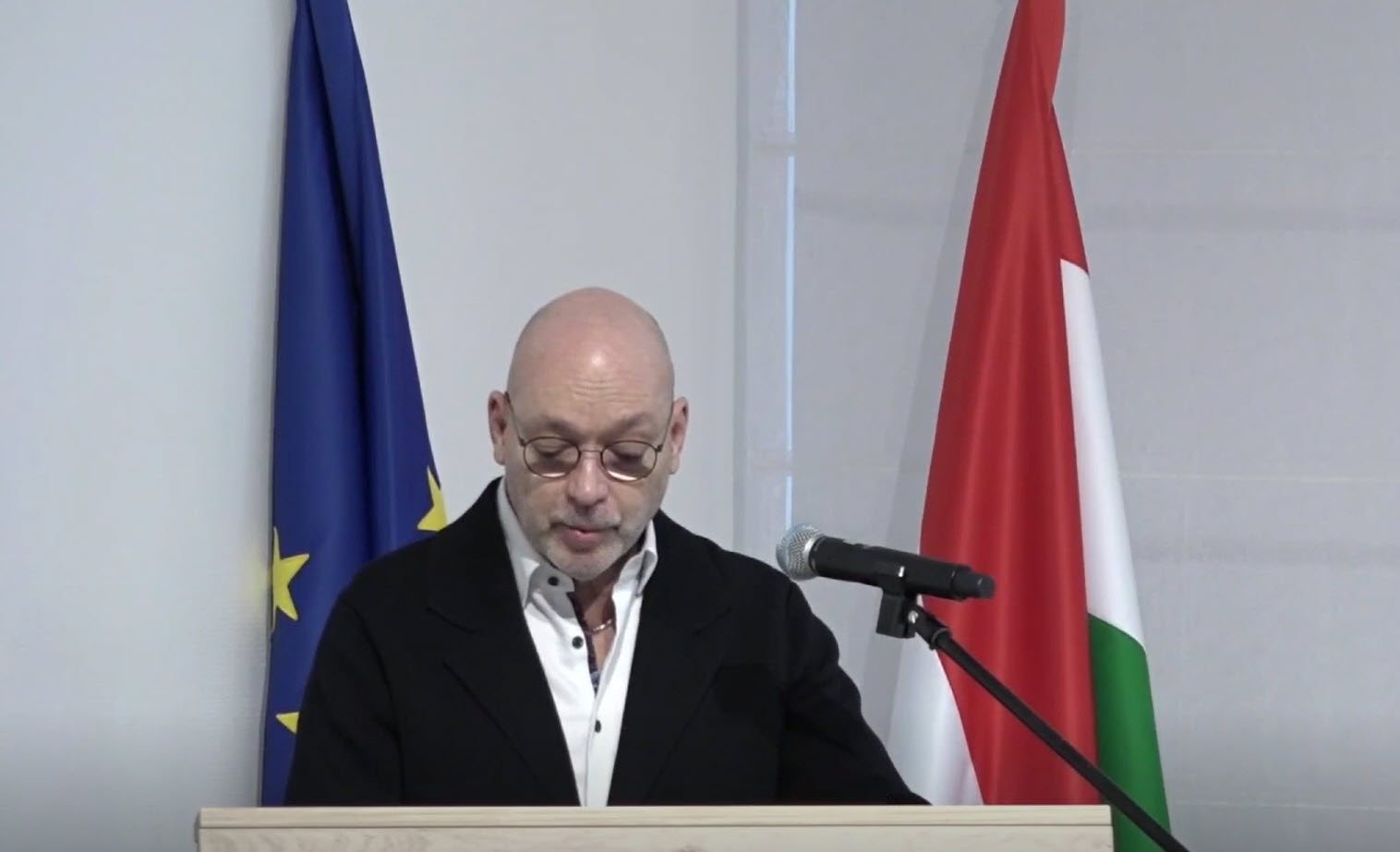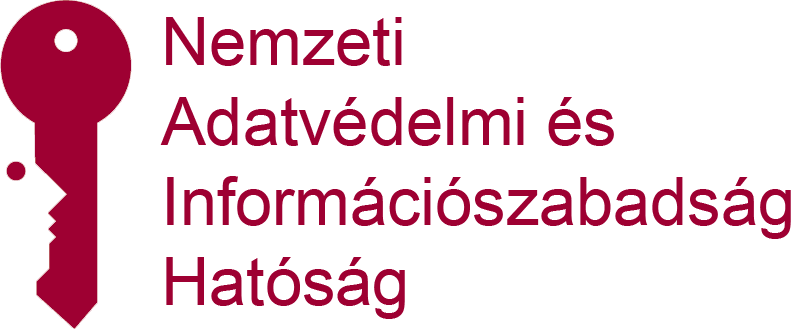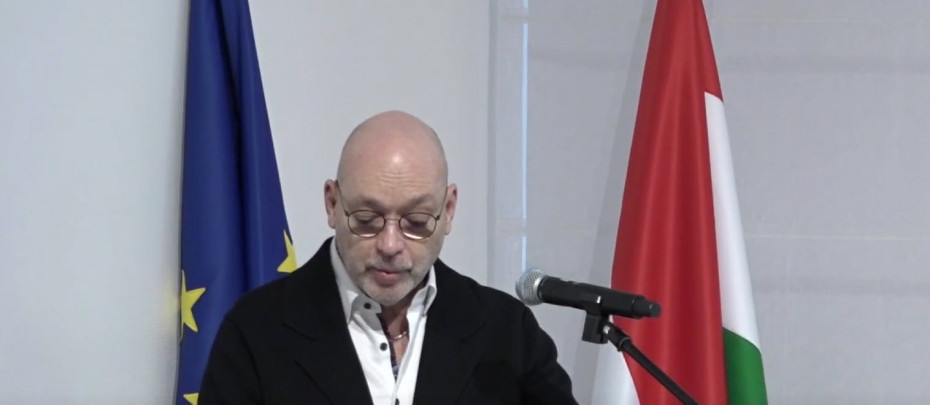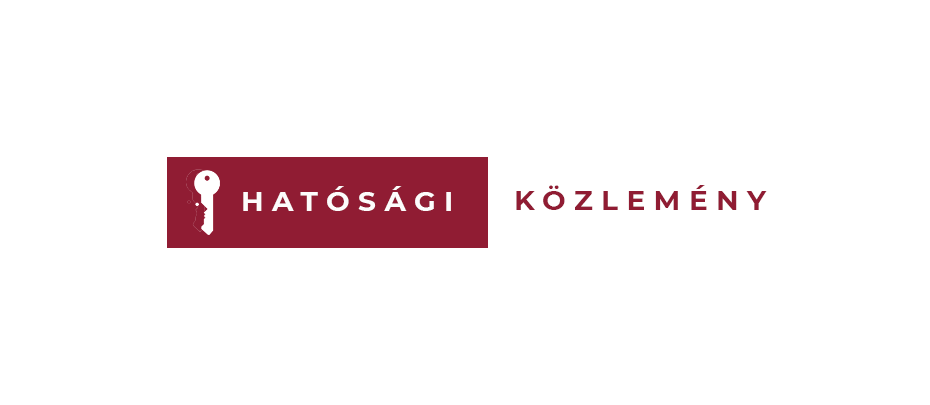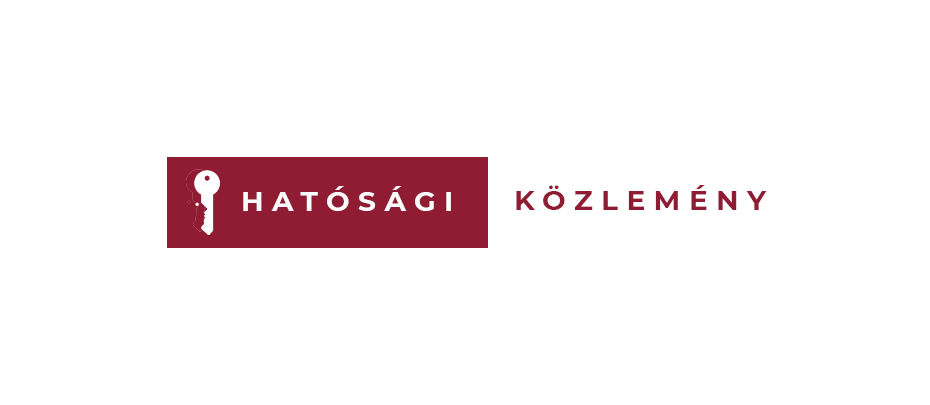A digitális államról és a digitális szolgáltatások nyújtásának egyes szabályairól szóló 2023. évi CIII. törvény (a továbbiakban: Dáptv.) 6. § (1) bekezdése szerint Magyarországon a felhasználó jogosult arra, hogy a digitális szolgáltatást biztosító szervezet előtti ügyét – az e törvényben meghatározott módon – digitálisan intézze.
A Dáptv. 8. § 21. pontja szerint felhasználó: a digitális szolgáltatást biztosító szervezet feladat- és hatáskörébe tartozó ügyben ügyfélként, félként vagy az eljárás alanyaként, az eljárás egyéb résztvevőjeként, a szolgáltatás igénybe vevőjeként vagy ezek képviselőjeként részt vevő természetes személy vagy egyéb jogalany, ide nem értve a digitális szolgáltatást biztosító szervezetet és az ügyben eljáró digitális szolgáltatást biztosító szervezet tagját vagy alkalmazottját;.
A Dáptv. 18. § (1)-(3) bekezdéseiben foglaltak szerint:
(1) A felhasználó – törvény vagy kormányrendelet eltérő rendelkezése hiányában – a digitális szolgáltatást biztosító szervezet előtt az ügyei digitális térben történő intézése során ügyintézési cselekményeit e törvény szerint, elektronikusan végzi, nyilatkozatait elektronikus úton teszi meg.
(2) Nincs helye elektronikus ügyintézésnek
a) azon eljárási cselekmények esetében, ahol törvény vagy kormányrendelet kifejezetten a felhasználó személyes megjelenését írja elő,
b) olyan eljárási cselekmény esetében, ahol ez nem értelmezhető,
c) olyan eljárás vagy eljárási cselekmény esetében, ahol ezt nemzetközi szerződés vagy az Európai Unió általános hatályú, közvetlenül alkalmazandó kötelező jogi aktusa kizárja, valamint
d) olyan irat, okirat vagy más beadvány esetében, amely minősített adatot tartalmaz.
(3) Törvény vagy kormányrendelet az elektronikus ügyintézés lehetőségét csak annyiban korlátozhatja, ha az eljárás során az ügyfél személyes jelenléte vagy valamely okirat másként nem pótolható benyújtása elengedhetetlen.
A Nemzeti Adatvédelmi és Információszabadság Hatóság (a továbbiakban: Hatóság) kapcsolattartási címe elektronikus ügyintézés során
Hivatali tárhely rövid neve: NAIH
Hivatali kapu azonosítója (KR ID): 429616918
Elektronikus ügyintézés lehetősége
A Dáptv. 24. § (1) bekezdése szerint: Elektronikus a kapcsolattartás, ha a felhasználó a nyilatkozatát vagy a digitális szolgáltatást biztosító szervezet a nyilatkozatát vagy döntését (a továbbiakban együtt: nyilatkozat) elektronikus úton teszi meg. Jogszabály rendelkezhet úgy, hogy a felhasználó az elektronikus kapcsolattartással eleget tesz a személyes megjelenési kötelezettséggel járó eljárási cselekmény teljesítésének is.
A Dáptv. 29. § (2) bekezdésben foglaltak szerint: A digitális szolgáltatást biztosító szervezet a felhasználónak címzett nyilatkozatai megtétele során – ha jogszabály a kapcsolattartás módját nem határozza meg – a felhasználó hivatalos elérhetőségén tart kapcsolatot a felhasználóval.
Kötelező elektronikus ügyintézés
A Dáptv. 19. §-ában foglaltak szerint:
(1) Ha nemzetközi szerződésből eredő kötelezettség alapján törvény, nemzetközi szerződés, vagy az Európai Unió közvetlenül alkalmazandó jogi aktusa eltérően nem rendelkezik, elektronikus ügyintézésre köteles valamennyi, a digitális szolgáltatást biztosító szervezet által nyújtott digitális szolgáltatások tekintetében
a) az ügyfélként eljáró
aa) gazdálkodó szervezet,
ab) az államháztartásról szóló 2011. évi CXCV. törvény 3. §-a szerinti szervezet,
ac) ügyész,
ad) jegyző,
ae) az ab)–ad) alpontok hatálya alá nem tartozó egyéb közigazgatási hatóság, valamint
b) az ügyfél jogi képviselője.
(2) Az (1) bekezdésben megjelölt ügyfél, jogi képviselő, továbbá törvényben elektronikus ügyintézésre kötelezett ügyfél, valamint az elektronikus ügyintézést önkéntesen vállaló felhasználó részére küldött dokumentum kézbesítésére a 27. §-t megfelelően alkalmazni kell.
(3) Elektronikus ügyintézésre az (1) bekezdésben meghatározott eseteken túl az ügyfél vagy annak képviselője kizárólag törvényben meghatározott esetekben és csak akkor köteles, ha az adott ügyintézési cselekmény tekintetében az értelmezhető.
(4) Természetes személy – a köztulajdonban álló gazdasági társaságok takarékosabb működéséről szóló törvényben meghatározott kivétellel – csak törvényben kötelezhető elektronikus ügyintézésre.
(5) Ha jogszabály egy nyilatkozat megtétele vonatkozásában az elektronikus kapcsolattartást – vagy az elektronikus kapcsolattartás módját – kötelezővé teszi, az e követelménynek meg nem felelő nyilatkozat – törvényben vagy kormányrendeletben meghatározott esetek kivételével – érvénytelen.
A beadványok elektronikus benyújtása
A beadványok Dáptv. szerinti benyújtására ide kattintva, valamint az egységes, személyre szabott ügyintézési felületen (https://epapir.gov.hu) az e-Papír szolgáltatáson keresztül van lehetőség. Az e-Papír beadványhoz lehetőség van dokumentumok becsatolására, melyek maximális mérete 25 MB lehet. A csatolható fájlformátumokról a https://epapir.gov.hu/sugo weboldal nyújt részletes tájékoztatást.
